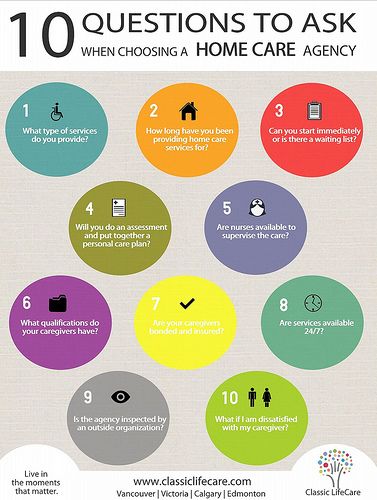
Traditional medicine focuses only on the disease. Geriatrics medicine concentrates on aging. The traditional "giants," or five elements of medicine, that affect older patients are immobility. This specialty of medicine is a departure from internal medicine. However, this field has become its own specialty. Read on if you want to be a doctor in this area.
Signs
A doctor trained in geriatrics is particularly familiar with addressing the symptoms of older patients. Depression is a common problem in older adults. However, symptoms are often mistakenly misdiagnosed as another condition. There are many treatment options available to treat depression in geriatrics. These include medications that slow down the disease and improve your quality of living. Geriatricians often see heart failure as a clinical problem. This condition can lead other serious health problems.
Geriatricians have to carefully weigh the pros and cons for each treatment and medication during their residency training in order to decide the best course. Geriatricians not only treat symptoms but also collaborate with other professionals such as pharmacists, social workers, and therapists in order to diagnose and treat various health conditions and diseases. The health of their patients should be their main priority. For those with insurance coverage, geriatricians also accept Medicare and Medicaid.

Treatment
Geriatric patients have many problems, but many of them are related to aging. Geriatric diseases can often be complex and affect multiple body systems. Geriatric patients could have been diagnosed with one disease in their youth but their bodies may be more severely affected by it. Some may have multiple chronic illnesses, including kidney disease or diabetic retinopathy. Treatment for these illnesses focuses on preserving a patient's health and function.
Elderly patients require different health care than those who are younger. Senior citizens often have lower energy levels and a decreased sense of balance. They may also have a decline in cognitive skills and not be able to absorb medication as well as older people. Geriatricians are specialists in healthcare for aging individuals. Because they are more likely to be able to recommend the most effective treatments for your loved one, it is important to select a doctor with extensive experience in this field.
Specialties
Geriatrics deals with the elderly. Geriatricians aim to prevent and treat disease in the elderly. Geriatricians also treat those with disabilities. These are just a few of the main aspects of this field. What are the main aspects of this field? What is the training required? What are the typical duties of a geriatrics doctor?
Geriatrics is a field that could suit those with a background in nursing or medicine. Geriatricians are general practitioners who have an excellent understanding of the needs of seniors. Geriatricians are skilled in working with other disciplines and can communicate well. Most geriatricians are drawn to a specialty in which they can combine medical care with rehabilitation and individualized discharge planning. It is a great field to be in, and it is encouraged that you take on a challenge.

Training
Traditionally, geriatrics medicine training has not required a higher degree or academic record. Instead, it focuses on clinical skills. Today, however, funding opportunities for this field are increasing rapidly and there are many internationally-recognized centres of geriatrics. The specialty now includes research spanning basic biomedical sciences to translational gaps. Learn more about geriatrics medicine training.
The Division of Geriatric Medicine and Palliative Care established the Geriatric Medicine Fellowship in 1981. This fellowship program is well-respected for its ability to prepare family physicians and internists in the field of Geriatrics. Accreditation Council For Graduate Medical Education also approves this program. There are many options available for medical training in geriatrics. However, the best program will be for you.